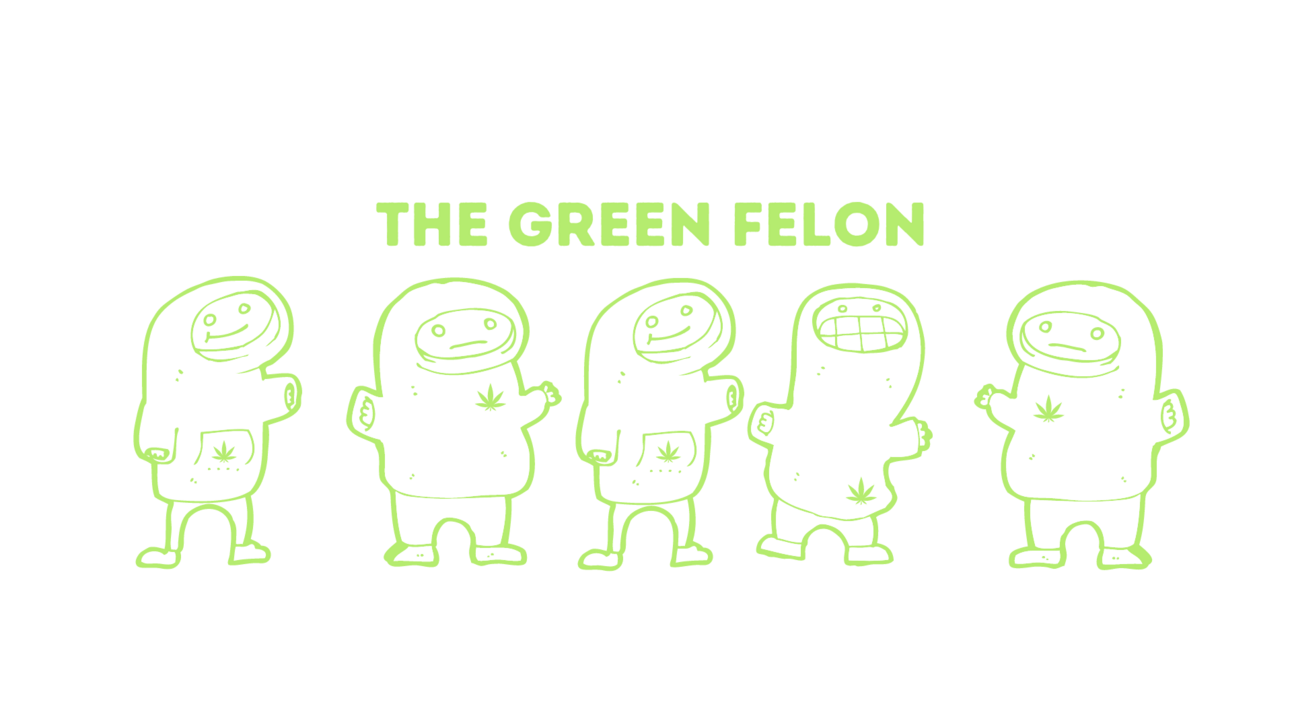
News 📲 Highlights:
Veterinary 🦖 Concerns in Hemp Testing: Veterinarians face challenges in recommending hemp-derived CBD products for animals 🐷 due to a lack of clear testing regulations and concerns about product safety. The American Association of Veterinary 👨🔬 State Boards advises only using products backed by independent, third-party certifications. AVMA
FDA's Ethical ⌨️ Review on Hemp Research: The FDA has denied 📛 several petitions to allow CBD products as dietary supplements, emphasizing the need for a new regulatory pathway. This impacts ongoing research that includes animal 🙈 testing, posing ethical questions on how far researchers 👨💻 should go. WCG
Animal 🦂 Welfare vs. Scientific Progress: As hemp 🍀 cultivation 💦 expands globally, so does the ethical debate around using animals 🐳 in cannabinoid research. Despite scientific advancements, some argue that animal 🦍 testing is still necessary, while others push 🤜 for alternative methods. MDPI

Quick Read 📑:
Ethical ⚠️ Dilemma of Animal Testing 🦄: The practice of testing hemp-derived cannabinoids on animals 🐮 raises significant moral concerns, pitting scientific progress against animal welfare, prompting ethical debates in the industry 🏯.
Purpose of Animal Trials 🦕🔬: Animal testing remains a common method to verify the safety 🦺 of hemp cannabinoids for human use, despite the controversy surrounding non-consensual testing on creatures for consumer protection.
Regulatory 🚨 Ambiguities: Legal frameworks differ across regions, with some countries 🇬🇧 imposing stricter regulations while others leave room for continued animal 🐙 testing, particularly within the evolving hemp-derived 🌸 cannabinoid sector.
Advancements 📈 in Alternative Methods: Innovative techniques like stem cell research 💻 and in vitro testing present ethical alternatives, though some experts argue these methods are not yet sufficient for comprehensive cannabinoid 🥦 safety evaluations.
Consumer 🙋♂️ Influence and Transparency: As consumer demand for cruelty-free products increases, companies are encouraged to adopt humane testing 💾 methods and enhance labeling transparency to stay competitive 💴 in the ethical market.

The Ethics of Hemp-Derived Cannabinoid Testing on Animals 🧪🐿️: A Necessary Step or Unjust Cruelty v?
In the expanding landscape 🌄 of hemp-derived cannabinoids, one of the most pressing ethical dilemmas is the testing of these products on animals 🐾. As the industry 🏭 seeks to uncover the therapeutic potential of cannabinoids, animal 🐩 testing raises serious concerns. How do we balance the promise of scientific advancement 🚀 with the moral cost of potentially harming defenseless creatures 🦔? This tension between medical innovation and animal 🦩 rights prompts a critical conversation about the methods used in research.
Why Do We Test on Animals? 🧫🦉
Animal testing 🧟♂️ is primarily conducted to ensure that hemp-derived cannabinoids are safe for human use. Regulatory bodies require manufacturers to prove the safety of their products before they are released to the market 🌍. As a result, many studies are conducted on rodents 🐭, rabbits 🐰, and even dogs 🐕 to determine toxicity levels and potential side effects. Advocates of this practice argue that without animal testing, we risk exposing humans to dangerous 🚧 substances.
But at what moral cost 😰do we justify this? Animals cannot give consent, and many believe that this type of testing amounts to exploitation. Animal rights activists 🐯 call for the use of alternative testing methods that don't involve causing harm to living beings, but critics argue that these alternatives aren't always reliable for predicting how cannabinoids will affect humans 🧠.

The laws surrounding animal 🕷️ testing vary significantly depending on the country 🗺️. In the U.S., regulations like the Federal Animal Welfare Act 🏛️ impose certain limitations on the use of animals in research, but loopholes still exist that permit testing under specific conditions. On the other hand, the European Union 🇪🇺 has taken a stricter stance, banning animal testing for cosmetics 🧴 entirely. However, the legal environment around hemp-derived cannabinoids remains murky, with companies often testing in the absence of clear regulatory guidance 📜.
This raises important ❕ ethical questions: should companies ⛪ be given a free pass to continue testing on animals just because the laws allow it? Can an industry that markets itself as "natural" and "eco-friendly" still justify causing harm to animals 🦆 in the name of human 👨⚕️ benefit?
Exploring 🛳️ the Alternatives
As public opposition to animal testing grows 🐳, more researchers are turning to cutting-edge technologies that provide alternatives to traditional animal testing 🧬. In vitro testing, stem cell research, and advanced computer models 🖥️ are increasingly being used to assess the safety of hemp-derived cannabinoids. These approaches not only offer ethical solutions but can also yield highly 👆 accurate data. Yet, some scientists argue that these alternatives don’t always capture the complexity of human reactions 💥 to cannabinoids.
While alternatives continue to develop📊 , the question remains: are we ready to fully embrace them? Could the rush to eliminate animal testing actually result in compromised safety for consumers 👥? Or is this simply an industry unwilling to let go of outdated, cruel practices 🦦?

Consumer Power and Corporate Accountability 🛍️🦉
Consumers have an enormous influence over how products are developed and tested 🎯. Many companies are shifting toward cruelty-free research practices as part of their broader mission to appeal to ethically-conscious buyers 💡. Animal 🕊️ rights organizations like PETA 🦧 and the Humane Society 🦘 actively advocate for stricter regulations and encourage people to support brands that prioritize humane methods.
Additionally, transparency in product labeling 🏷️ is becoming a priority for consumers. While many governments don’t yet require companies to disclose whether their products have been tested on animals 🐢, more consumers are demanding clarity from the brands they purchase. Supporting cruelty-free products isn’t just about aligning with values—it’s about pushing for industry-wide change.
Federal employment policy no longer aligns with federal law, and it’s time to force change through legal action when federal employees’ careers are harmed by unjustified adverse action” due to the complexity of THC testing in legal CBD products.”
Where Do We Go From Here?🦒
The ethical concerns surrounding hemp-derived cannabinoid testing on animals 🦜 spark necessary debate 🔥. While animal testing has historically been considered essential for ensuring human safety, the availability of innovative alternatives prompts us to ask whether we can truly justify continuing these methods. The balance between advancing science and protecting animal welfare is delicate—and the decisions we make now will shape the future of both industries 🦚.
As a consumer, how do you feel about the ethics of animal 🐫 testing for hemp-derived cannabinoids? Should companies invest more in cruelty-free alternatives, or is animal 🐘 testing still essential to ensuring safety?
Do you believe the safety 🥇 of hemp-derived cannabinoids justifies animal 🐣 testing, or should companies fully commit to cruelty-free 💚 alternatives?
🐶🐱 Pets Are Family 🏆

The information provided in this newsletter is for informational purposes only and does not constitute medical, legal, or professional advice. Always consult with a qualified professional before making any decisions based on the content shared here.
